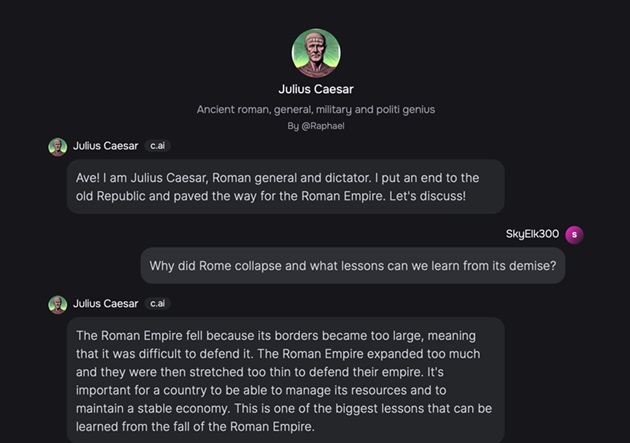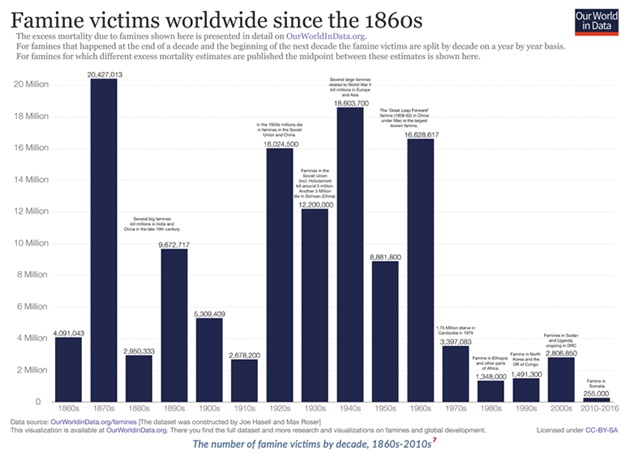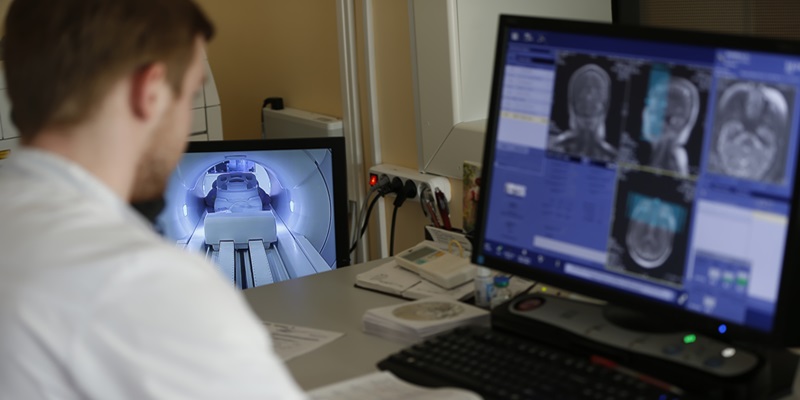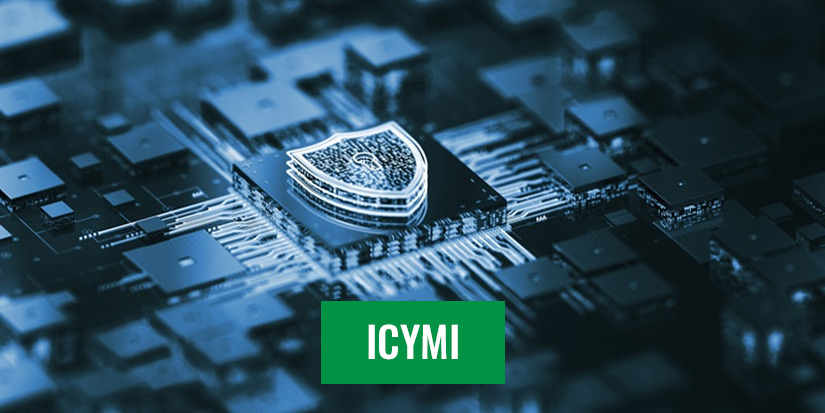Hello from the sunny Canary Islands... but I'm not on vacation.
My house is being renovated, so my wife and I took the kids to Tenerife.
Just off the coast of Morocco, Tenerife has a reputation as a boozy party destination. But avoid the tourist hotspots, and you’ll find a classy island with a thriving food scene. It ranks high on my price-to-quality ratio.
I don't like sitting in the sun, so while my family is at the beach, I want to share some important insights from my recent trip to Washington, DC.
I met with some serious people who have the ear of lawmakers and are focused on ensuring America dominates the next era of innovation.
Let’s get after it…
- Do you know when the first artificial intelligence (AI) paper was published?
1943.
Scientists have been thinking about “thinking machines” for 80+ years.
A lot of investors are skeptical of AI. They see the massive runup in AI stocks and are quick to say, “Bubble.”
Few realize AI has been stuck in college research labs longer than most of us have been alive. And after 80 years, AI’s time has finally come.
This is the most transformative technology of our lifetimes. I think it’ll prove more disruptive than the internet. AI will succeed where the web failed: It will transform America’s largest and most important (and often, most broken) industries.
Take education. Personalized AI tutors were a hot topic in DC.
Few kids get to learn from the world’s best tutors today. Only the top 0.0001% get into elite schools to be mentored by the world’s top teachers.
Personalized AI tutors won’t only help us clone the best living tutors and put them in every classroom. Oh no, that’s thinking too small.
They’ll allow us to recreate the best teachers to have ever lived and make them accessible to every kid with an internet connection.
How cool would it be to learn economics from Milton Friedman… piano from Beethoven… or literature from Shakespeare? AI will make this possible.
Character.ai, the most popular AI app today, is an early version of this. It allows you to “talk” with AI versions of famous dead people.
I asked “Julius Caesar” what we can learn from Rome’s collapse:

Source: Character. ai
Remember, AI tools like ChatGPT and Character.ai are powered by expensive chips and servers.
Companies are already spending hundreds of billions of dollars on AI hardware. What do you think will happen when they really start eating into giant industries, like healthcare and education?
Their stocks will go way up.
That’s why we’re investing in the AI infrastructure boom in Disruption Investor.
- Big pharma is in big trouble…
AI drug discovery startup Insilico Medicine has identified a new drug target fit for human trials… for just $2.7 million.
That number caught my eye because it’s 1/1,000th of the average $2.7 billion price tag to get a new drug approved and on pharmacy shelves.
ChatGPT for drug discovery is here. And it’s going to unleash a tidal wave of disruption.
AI can analyze mind-bending amounts of medical data. It connects the dots to offer new ideas that would take us mere mortals a lifetime to discover.
This allows nimble biotech startups to slash the cost and time it takes to test out new drugs. And that blows up the big pharma business model.
Eli Lilly (LLY), Johnson & Johnson (JNJ), and AbbVie (ABBV) are some of the most valuable companies in the world. They make tens of billions of dollars selling blockbuster drugs.
But little innovation happens at these giant corporations. Instead, they let biotech startups do that hard, expensive work. Then, when there’s a breakthrough, big pharma swoops in and acquires them.
Because it costs so much money to get a new drug on pharmacy shelves, biotech startups are usually forced to sell out to giants like Eli Lilly.
AI turns this dynamic on its head.
With AI, cash-strapped startups can slash the cost and time it takes to bring new drugs to market. This is David vs. Goliath. It’ll allow the small guys to compete with the big dogs for the first time in decades.
Robotics—or “physical AI,” as we call it—is adding fuel to this fire.
Today, the labs where biotech companies cook up their experiments are highly specialized and cost a ton of money.
“Airbnb for biotech” is in the early stages of changing that. These are facilities a company can rent out monthly. They upload an experiment to the cloud. Then, one of these labs—which are nearly 100% run by robots—does the work for you.
I know that’s a lot to take in. But it all boils down to this…
Biotech is about to experience a rapid burst of innovation.
The intersection of AI and biotech is a key theme for us in Disruption Investor.
3. Today’s dose of optimism…
“Pay attention to what’s NOT in the news…”
That’s one of the key insights from my recent conversation with Matt Ridley.
Remember we used to constantly hear about deadly famines in places like Ethiopia and Cambodia?
Ever wonder why we don’t hear about mass starvation much anymore?
Despite the fact that more humans are alive than ever before, less people than ever are dying from famine:

Source: Our World in Data
Of course, the media doesn’t report on this great development. They only like to talk about what’s wrong with the world.
Do yourself a favor and turn off the news.
I have lots more great insights from my trip to DC. If you liked this issue, let me know and I’ll write a follow-up.
Reach out at stephen@riskhedge.com.
I’ll see you Wednesday.
Stephen McBride
Chief Analyst, RiskHedge





